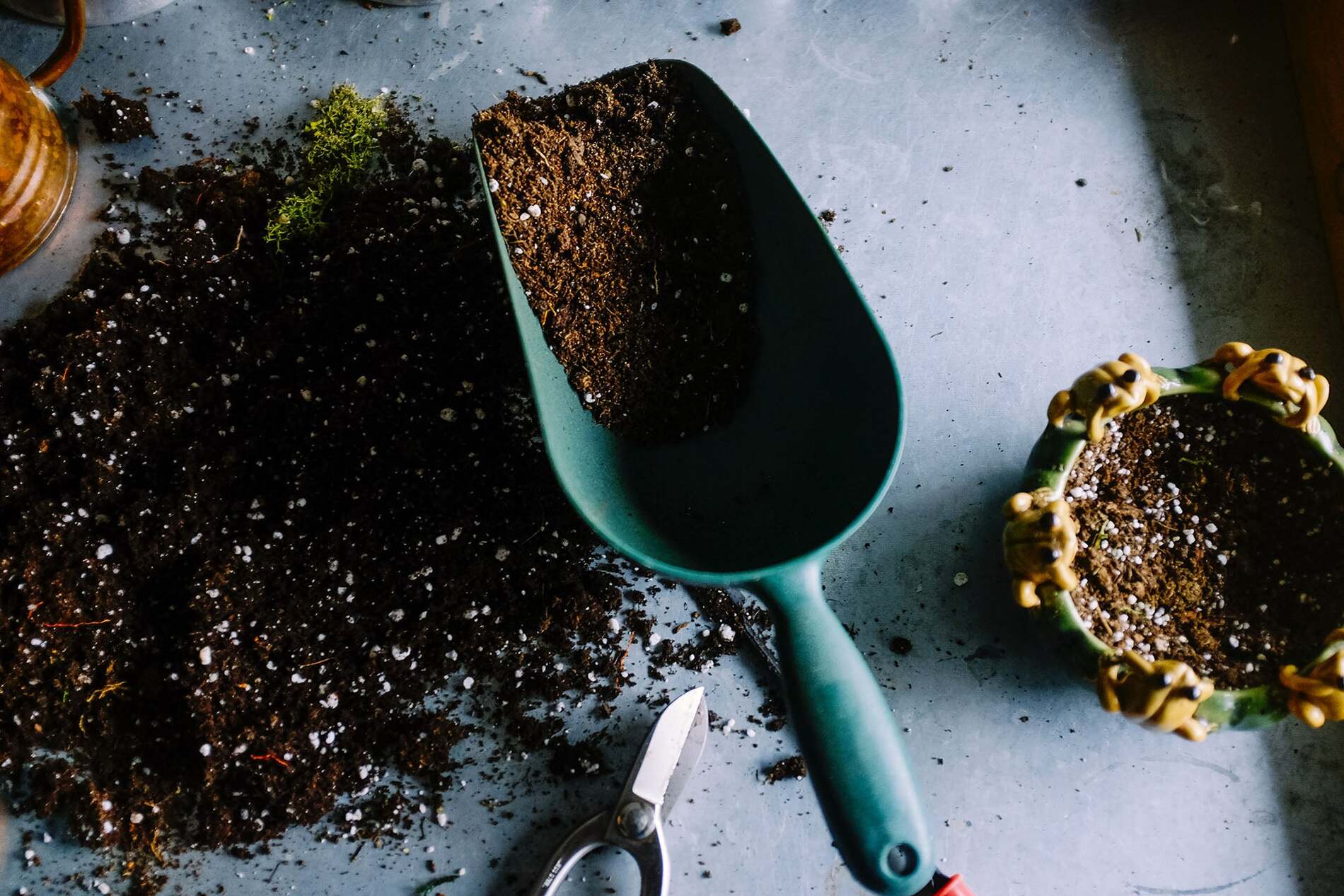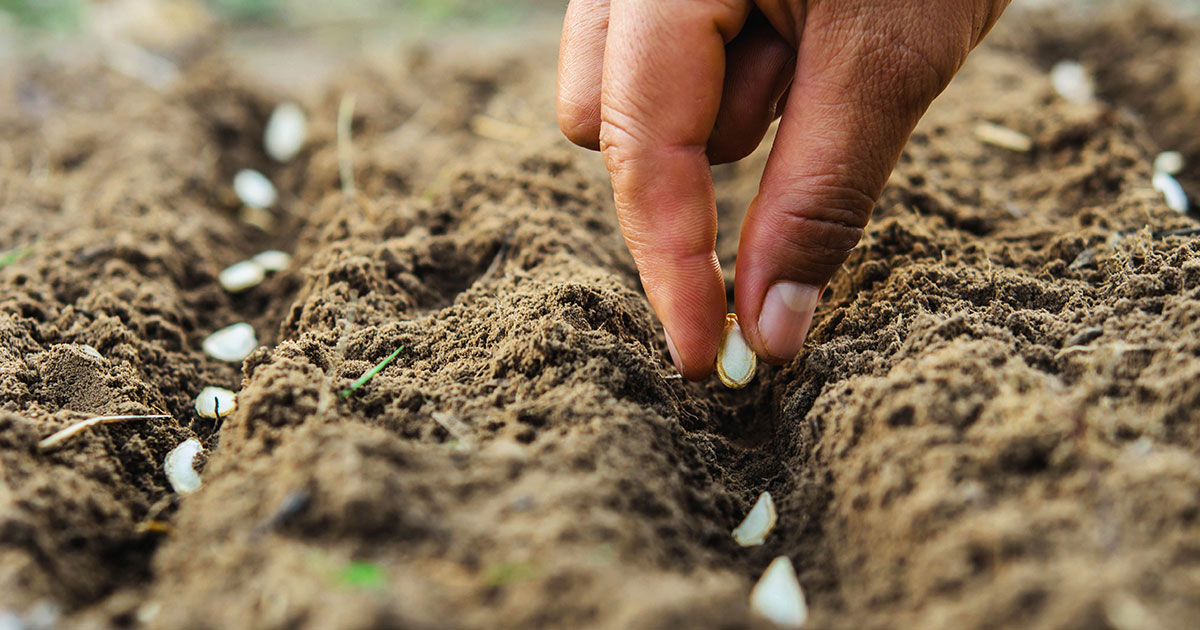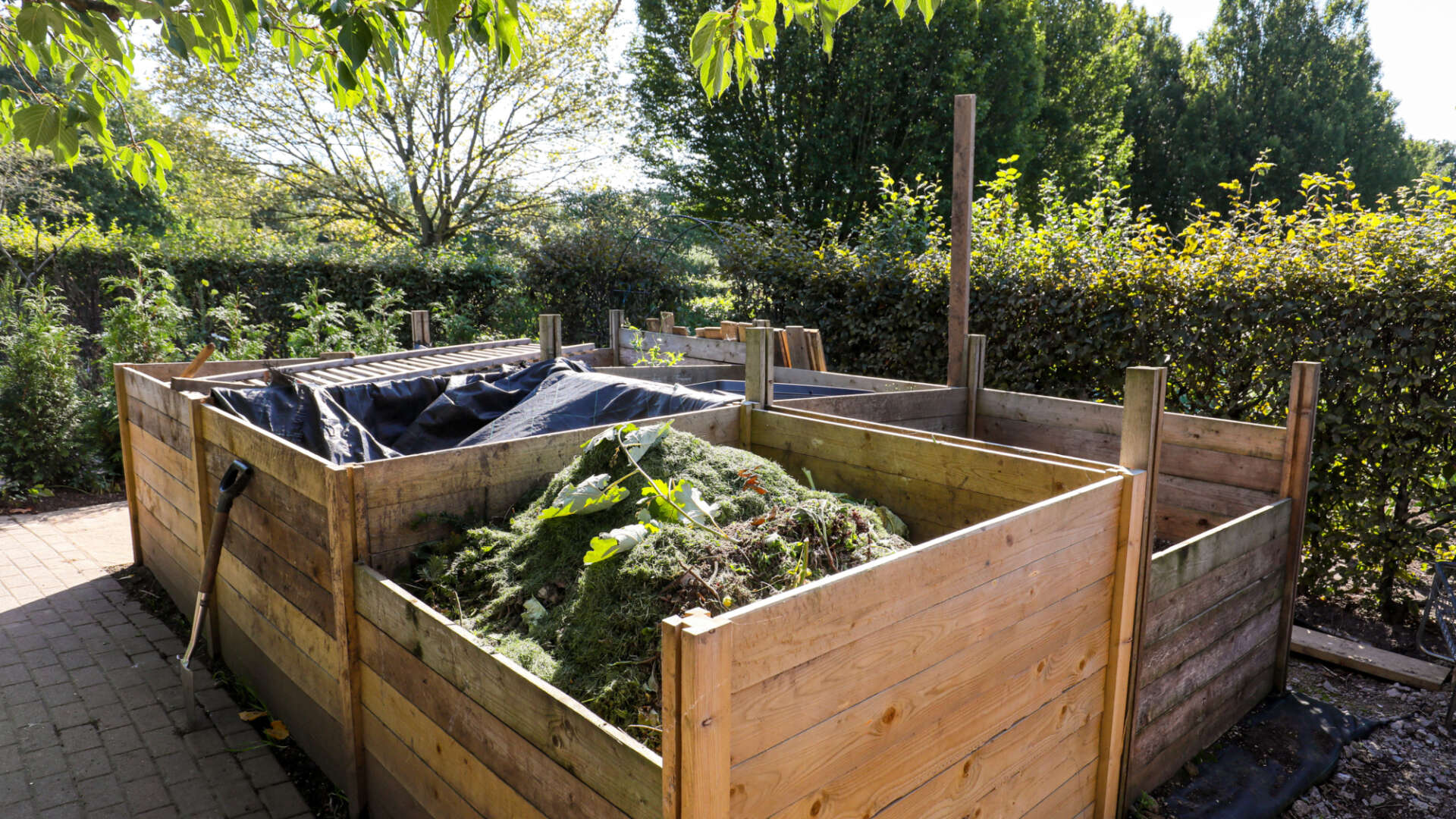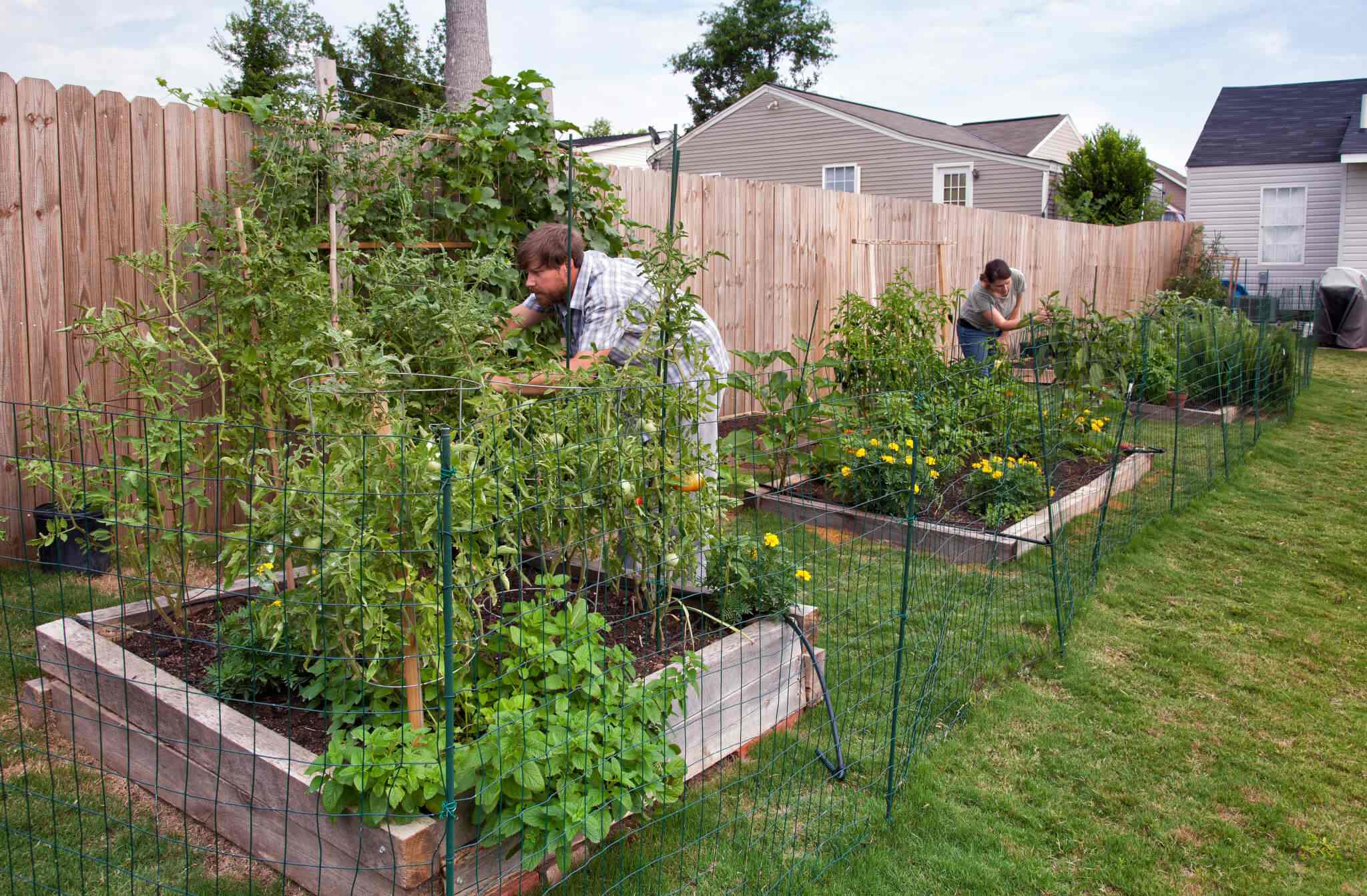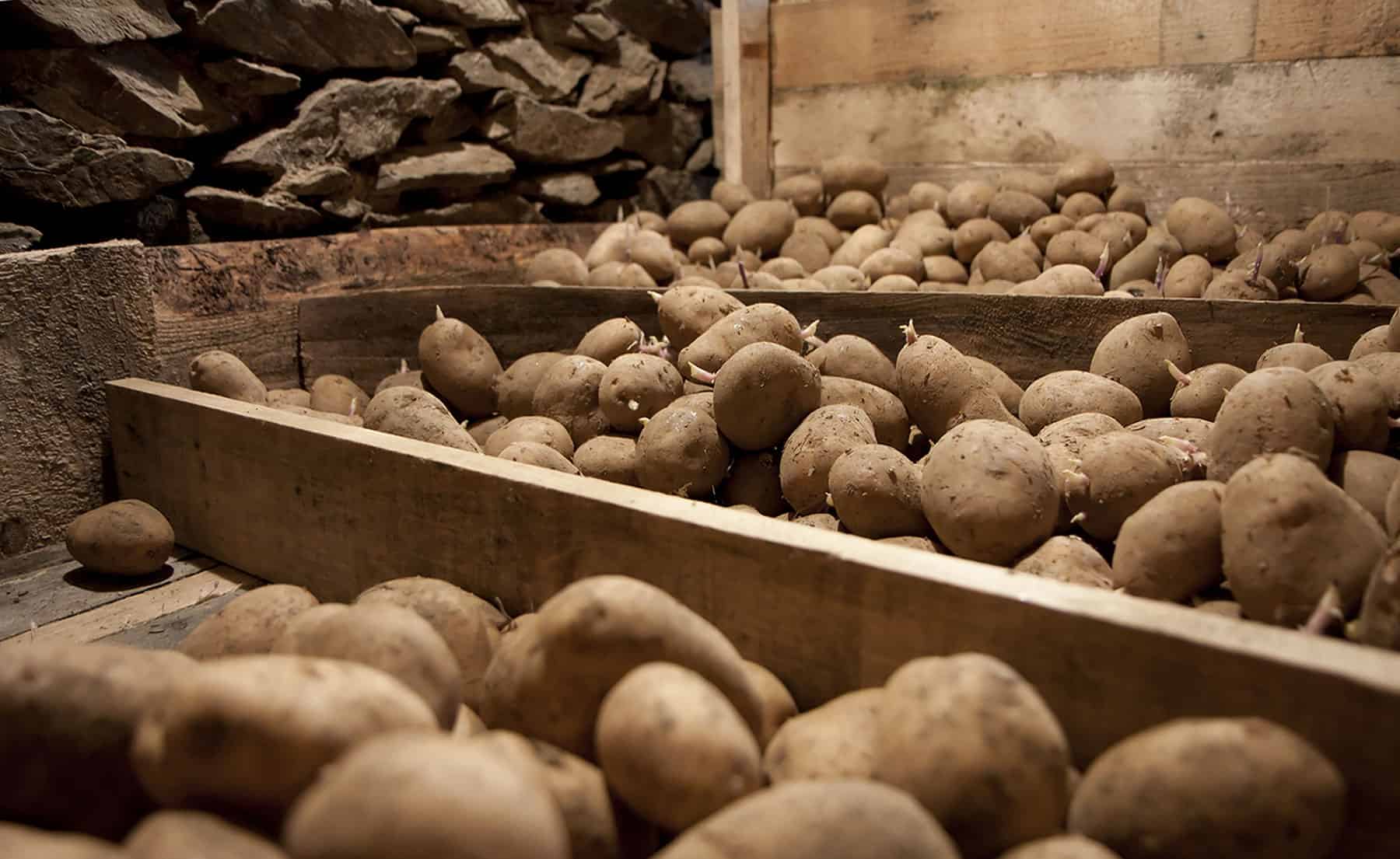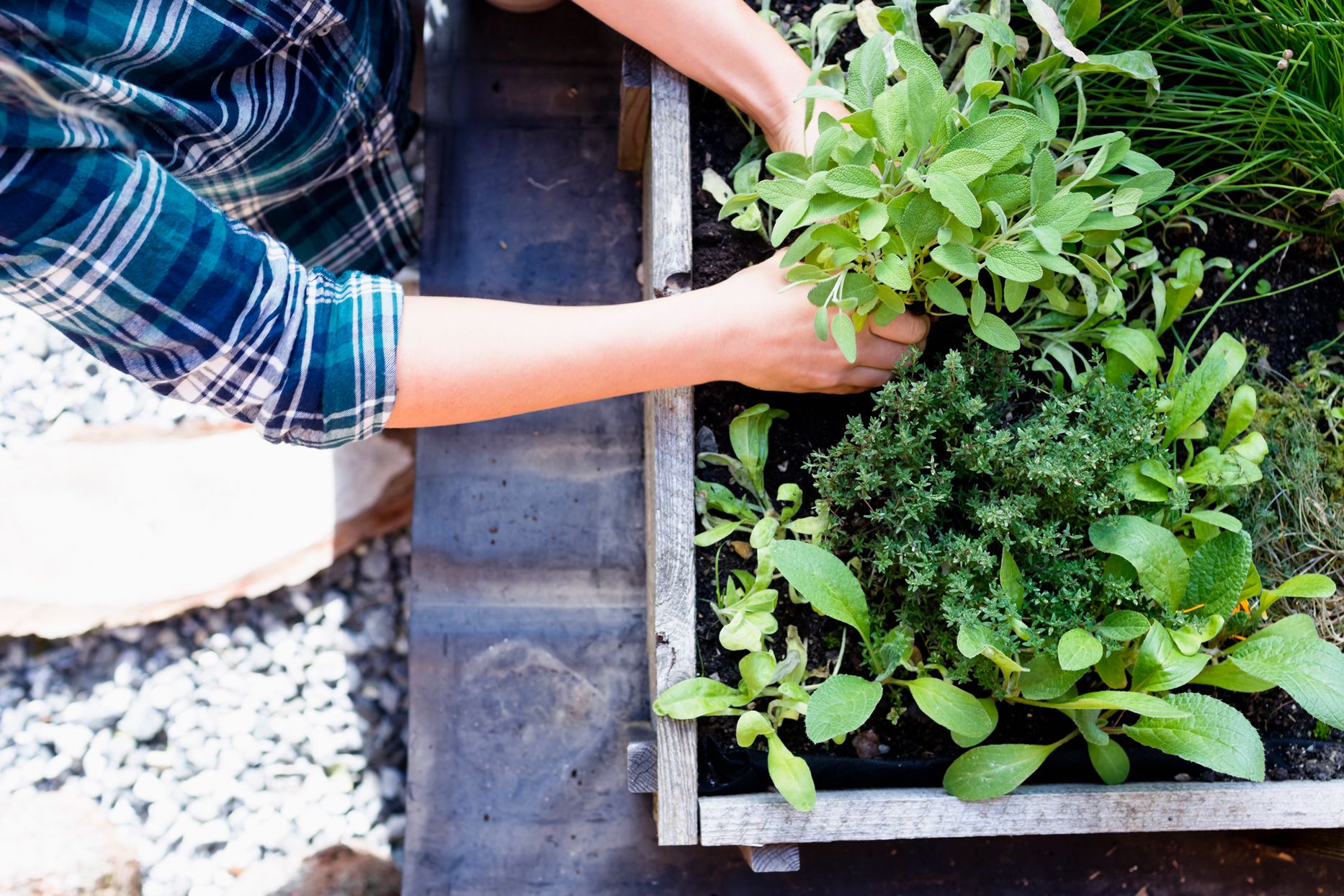Home>Gardening Basics>Understanding Soil>How To Amend Garden Soil


Understanding Soil
How To Amend Garden Soil
Published: February 10, 2024
Learn how to amend your garden soil for optimal plant growth and health. Understanding soil composition and how to improve it.
(Many of the links in this article redirect to a specific reviewed product. Your purchase of these products through affiliate links helps to generate commission for Chicagolandgardening.com, at no extra cost. Learn more)
Table of Contents
Introduction
Welcome to the world of gardening, where the soil beneath your feet serves as the foundation for a flourishing, vibrant garden. Soil is not just a medium for plants to grow; it is a complex ecosystem teeming with life and essential nutrients. Whether you are a seasoned gardener or just beginning to explore the wonders of cultivating your own plants, understanding how to amend garden soil is a crucial aspect of successful gardening.
Amending garden soil involves enhancing its structure, fertility, and overall health to create an optimal environment for plant growth. By making targeted improvements to the soil, you can provide your plants with the best possible conditions to thrive. From testing the soil to adding organic matter, adjusting pH levels, and incorporating essential nutrients, there are various strategies to ensure that your garden soil is primed for supporting healthy, robust plants.
In this comprehensive guide, we will delve into the essential steps for amending garden soil, equipping you with the knowledge and insights to elevate your gardening endeavors. By understanding the intricacies of soil composition and the methods for enhancing its quality, you can embark on a journey to cultivate a bountiful and vibrant garden that brings joy and beauty to your outdoor space.
Testing Soil
Before diving into amending your garden soil, it’s crucial to gain a comprehensive understanding of its current composition. Soil testing serves as the foundational step in this process, providing valuable insights into its pH levels, nutrient content, and overall structure.
There are several methods for testing soil, ranging from DIY kits to professional laboratory analysis. DIY test kits are readily available and offer a convenient way to assess the soil’s pH and nutrient levels. These kits typically involve collecting soil samples from various locations in your garden, following the provided instructions to conduct the tests, and interpreting the results to gauge the soil’s characteristics.
For a more in-depth analysis, professional soil testing services can provide a detailed report on the soil’s composition, including its pH, nutrient levels, and organic matter content. This comprehensive assessment offers valuable insights that can inform targeted amendments to optimize the soil for plant growth.
By understanding the specific attributes of your garden soil, you can tailor your amending efforts to address its unique needs, ensuring that your plants receive the ideal environment for healthy growth. Whether the soil requires pH adjustments, increased nutrient levels, or enhanced organic matter, soil testing lays the groundwork for informed decision-making in the amending process.
Adding Organic Matter
One of the most effective ways to improve garden soil is by incorporating organic matter, which serves as a foundational element for nurturing a thriving ecosystem beneath the surface. Organic matter encompasses a wide range of materials, including compost, leaf mold, well-rotted manure, and various plant-based amendments. When added to the soil, organic matter enhances its structure, fertility, and moisture retention capabilities, creating an optimal environment for plant roots to flourish.
Compost, often referred to as “black gold” in the gardening world, is a valuable source of organic matter that can be produced from kitchen scraps, yard waste, and other biodegradable materials. By integrating compost into the soil, you can introduce a rich blend of nutrients, beneficial microorganisms, and humus, which improves soil texture and promotes a healthy microbial community.
Another beneficial organic amendment is well-rotted manure, which not only enriches the soil with essential nutrients but also enhances its water retention capacity. Additionally, incorporating leaf mold, derived from decomposed leaves, contributes to soil structure and fosters a favorable environment for earthworms and beneficial soil organisms.
By adding organic matter to your garden soil, you can cultivate a nurturing habitat for plants, bolstering their resilience and vitality. The gradual decomposition of organic materials further enriches the soil over time, contributing to its long-term fertility and sustainability. Embracing the practice of enriching the soil with organic matter embodies the essence of sustainable gardening, fostering a harmonious relationship between plants and the living soil beneath them.
Adjusting pH Levels
The pH level of garden soil plays a pivotal role in determining the availability of essential nutrients to plants. A pH scale measures the acidity or alkalinity of the soil, with a range of 0 to 14, where a pH of 7 is considered neutral. Most plants thrive in slightly acidic to neutral soil, with a pH range of 6 to 7.5, although specific plant species may have varying pH preferences.
If your soil’s pH deviates from the ideal range for your desired plants, it may be necessary to adjust it to create a more hospitable environment. Soil amendments such as lime and sulfur are commonly used to modify pH levels, effectively shifting the soil towards the desired acidity or alkalinity.
When the soil is too acidic, or has a low pH, the addition of lime can help neutralize the acidity and raise the pH level. Lime, typically available in the form of ground limestone or dolomitic lime, gradually alters the soil’s pH, making essential nutrients more accessible to plants. On the other hand, if the soil is too alkaline, or has a high pH, elemental sulfur can be applied to lower the pH and create a more suitable growing environment.
It’s important to note that adjusting pH levels is a gradual process, and it’s advisable to retest the soil periodically to monitor the changes. By fine-tuning the pH of your garden soil to align with the needs of your plants, you can optimize nutrient availability and create an environment where plants can thrive and flourish.
Adding Nutrients
Ensuring that your garden soil is rich in essential nutrients is fundamental to supporting robust plant growth and overall vitality. While organic matter contributes to the soil’s nutrient content, additional amendments may be necessary to address specific deficiencies and optimize the soil for plant health.
Common essential nutrients for plants include nitrogen, phosphorus, potassium, calcium, magnesium, and various micronutrients such as iron, zinc, and manganese. Each nutrient plays a distinct role in supporting plant functions, from facilitating photosynthesis to bolstering root development and overall resilience.
When addressing nutrient deficiencies in the soil, targeted fertilization can provide a strategic solution. Fertilizers, available in various formulations tailored to specific plant needs, offer a concentrated source of essential nutrients that can be applied to the soil to augment its fertility. Organic fertilizers derived from natural sources such as bone meal, fish emulsion, and seaweed extract provide a sustainable approach to enriching the soil with vital nutrients while promoting biological activity and soil health.
In addition to organic fertilizers, synthetic fertilizers can also be utilized to address specific nutrient requirements. However, it’s essential to use synthetic fertilizers judiciously and in accordance with recommended application rates to prevent over-fertilization and potential harm to the environment.
By carefully assessing the nutrient needs of your plants and the soil’s existing nutrient profile, you can tailor your approach to adding nutrients, ensuring that your garden soil provides an optimal foundation for vibrant, thriving plants. Incorporating a balanced combination of organic matter and targeted nutrient amendments empowers you to cultivate a nutrient-rich soil environment that nurtures the growth and flourishing of your garden plants.
Conclusion
Amending garden soil is a multifaceted endeavor that encompasses a deep understanding of the soil’s composition, its unique requirements, and the targeted interventions necessary to foster an environment conducive to plant growth. By embarking on the journey of soil amendment, you have the opportunity to cultivate a thriving garden that flourishes in a nutrient-rich, well-balanced ecosystem beneath the surface.
From the foundational step of testing the soil to gain valuable insights into its pH levels, nutrient content, and structure, to the strategic addition of organic matter and targeted nutrients, each aspect of soil amendment contributes to the holistic enhancement of the soil’s quality. By integrating organic matter, such as compost and well-rotted manure, you enrich the soil with essential nutrients and foster a healthy microbial community that supports plant growth.
Adjusting pH levels to align with the specific needs of your plants ensures optimal nutrient availability, creating an environment where plants can thrive and flourish. Whether you are cultivating vibrant flowers, luscious vegetables, or verdant foliage, the foundation for their success lies in the soil beneath them.
As you embark on your gardening journey, remember that soil is not merely a medium for plants; it is a living, dynamic ecosystem teeming with life and potential. By nurturing your garden soil through thoughtful amendments and a deep appreciation for its intricate balance, you lay the groundwork for a bountiful, resilient garden that brings joy and beauty to your outdoor space.
Embrace the art of soil amendment as a harmonious collaboration between nature and nurturing, and witness the transformation of your garden into a flourishing tapestry of life, color, and vitality.
